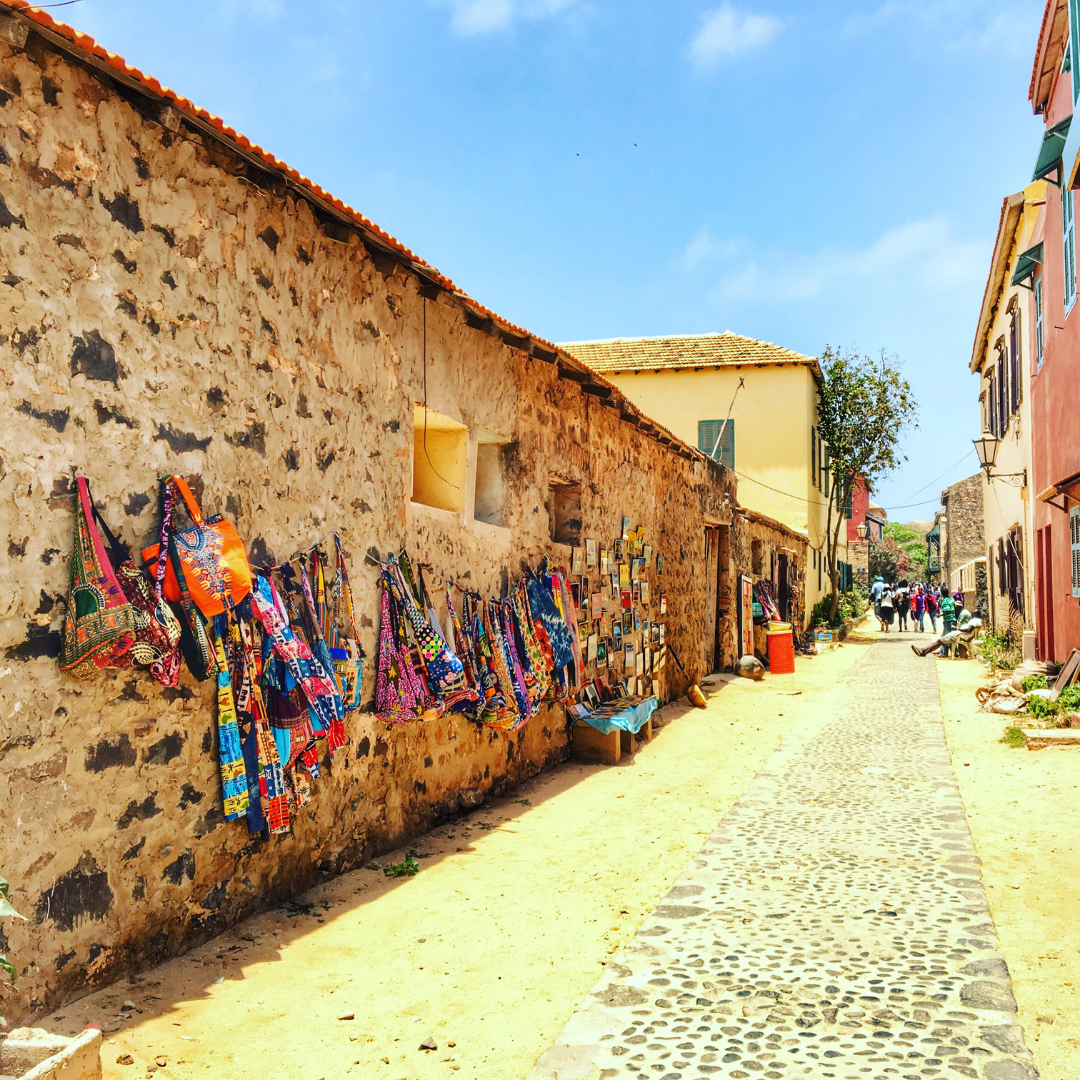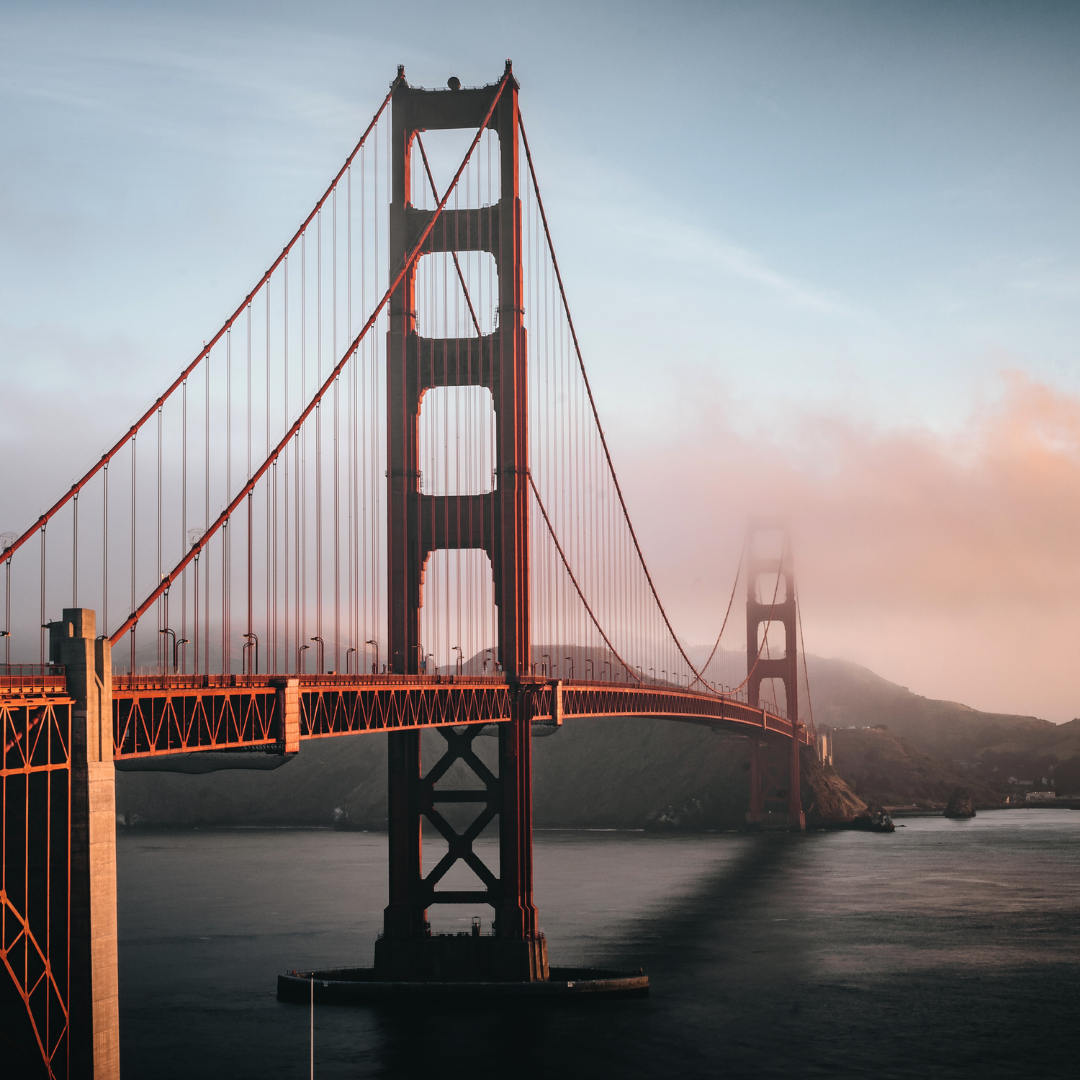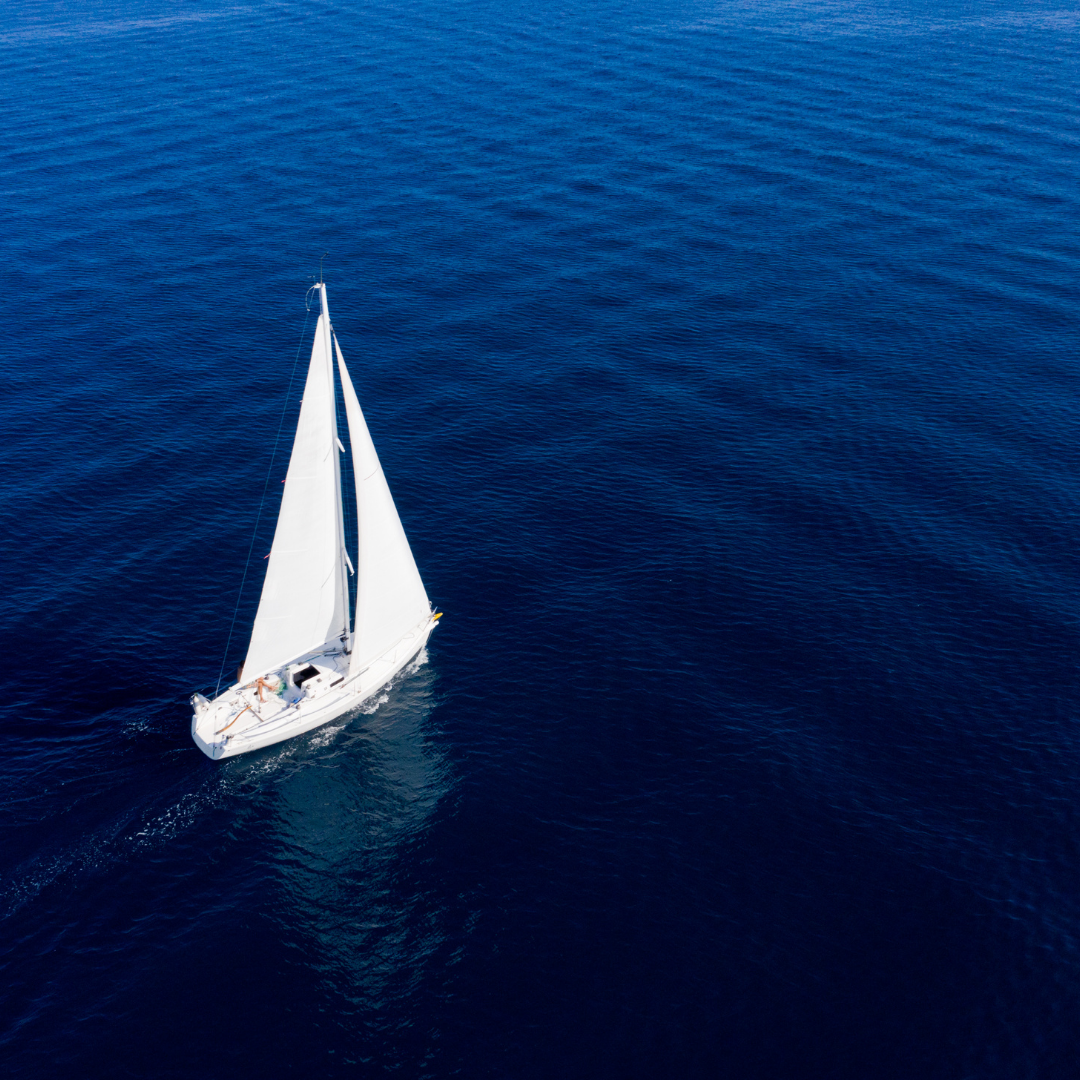Gorée Island: A Historical Sailing Journey to Senegal’s UNESCO Site

In the vast expanse of the Atlantic Ocean, just off the coast of Senegal, lies Gorée Island. While its tranquil appearance might suggest otherwise, this tiny island holds an immense historical significance. Once a focal point of the Atlantic slave trade, Gorée Island is now a UNESCO World Heritage site, a solemn reminder of a tragic past and a symbol of hope for a united future. As sailors navigate its shores, they embark on a journey that intertwines the heartbreak of history with the promise of cultural immersion.
The Haunting History of the Slave Trade on Gorée Island
Gorée Island, spanning a mere 45 acres, played a pivotal role in one of history’s darkest chapters: the transatlantic slave trade. From the 15th to the 19th century, the island was a major center for the exportation of slaves to the New World. Its strategic location made it an ideal hub for European slave traders. While the exact number remains debated, countless African souls were forced into bondage from these shores, marking the beginning of lifetimes of oppression in unfamiliar lands. Walking through Gorée, one can almost hear the echoes of lost freedoms and broken spirits, making it a profound place of reflection on the atrocities of the past.
Exploring the Maison des Esclaves: A Museum of Remembrance
The Maison des Esclaves (House of Slaves) stands as a somber monument to the lives that were upended on the island. Built in 1776, this colonial mansion was one of many such holding houses on Gorée. Today, it serves as a museum, offering a poignant look into the conditions endured by enslaved Africans. The “Door of No Return,” through which slaves were led onto ships, leaving their homeland forever, is particularly heart-rending. Exhibits, artifacts, and displays within the museum provide a vivid account of the harrowing experiences of the victims, making it an essential visit for understanding the gravity of Gorée’s history.
Gorée’s Colonial Architecture and Vibrant Arts Scene
While the island’s history is undeniably somber, Gorée today vibrates with life and color. Its colonial past is evident in the architecture. Pastel-colored houses, with their wooden balconies and tiled roofs, line the narrow lanes, bearing witness to the French and Dutch influences. Moreover, Gorée has metamorphosed into an arts hub. Numerous galleries and art studios dot the island, celebrating African artistry and offering a platform for local artists. Events such as the Gorée Diaspora Festival highlight the island’s evolving cultural identity, merging remembrance with celebration.
Navigating to Gorée: What Sailors Need to Know
For sailors charting a course to Gorée, understanding the island’s maritime conditions is vital. While the island has no dedicated marina, anchoring is possible in designated areas. It’s advisable to be aware of the tidal patterns and undercurrents in the surrounding waters. Once anchored, ferries and local boats frequently shuttle between Dakar and Gorée, making the commute seamless. Additionally, before embarking, sailors should ensure they respect the island’s historical significance, approaching it with the reverence it commands.
Engaging with Locals: Experiences and Interactions
The residents of Gorée, while proud of their heritage, are also eager to share their island’s present-day vibrancy. Engaging with locals provides enriching insights into their daily lives, traditions, and aspirations. From sampling local delicacies to participating in community events, interactions pave the way for genuine connections. Local guides, with their vast reservoirs of stories and historical knowledge, offer enlightening tours, merging personal anecdotes with historical facts.
Sunset Views: The Best Spots on the Island
Gorée, with its vantage point in the Atlantic, offers breathtaking sunsets. The horizon, painted in hues of gold and crimson, reflects upon tranquil waters, creating a serene ambiance. The island’s elevated areas, particularly around the old fort, provide unobstructed views of this daily spectacle. Many locals and tourists alike gather here, not only to witness the sunset but also to reflect, making it a spiritually fulfilling experience.
Preserving Gorée: Conservation and Respect
The recognition of Gorée as a UNESCO World Heritage site underscores the importance of its conservation. Efforts are continually made to preserve the island’s historical landmarks and natural beauty. Visitors play a crucial role in this endeavor. By respecting local guidelines, avoiding littering, and supporting local businesses, one can contribute to Gorée’s sustainable future. The island is not just a destination but a testament to human resilience and the undying hope for a better tomorrow.
Gorée Island is more than just a geographical location; it is a poignant chapter in the annals of human history. While its past serves as a grave reminder of the depths to which humanity can descend, its present celebrates the spirit of resilience, hope, and unity. For sailors and travelers, navigating to Gorée is not just a voyage across waters, but a profound journey through time and emotion, leaving an indelible mark on the soul.


